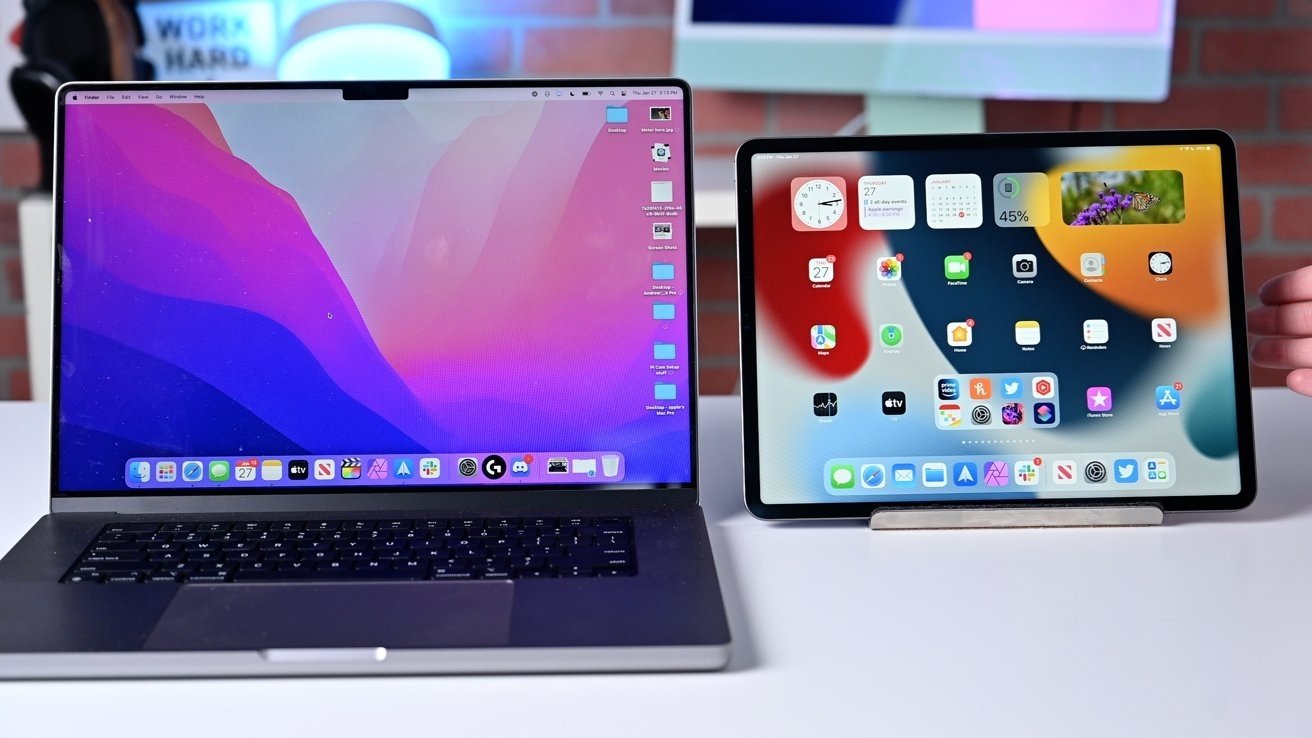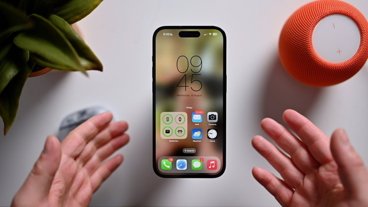Apple executive Vivek Bhardwaj has taken a deep dive into the company's continuity features, including Universal Control and Shortcuts, in a new interview.
Bhardwaj, who works in Apple's Software Product Marketing division, recently spoke to John Voorhees and Federico Viticci of AppStories. Specifically, Bhardwaj explained some of Apple's thinking behind new features in iOS 15 and macOS Monterey.
For example, the Apple executive said that Universal Control is a natural progression of the company's current work with continuity, which includes features like AirDrop, Handoff, and SideCar. Bhardwaj likened all of those features to "building blocks" for Universal Control.
"When you think of technologies like Bluetooth low-energy, know where devices are, all of these low-level technologies, as well as kind of this Handoff experience, Universal Control is really just the next-step for continuity," Bhardwaj said.
The Apple executive says that the company also works hard to deliver "this kind of consistent experience throughout our ecosystem."
Apple's Universal Control feature debuted in macOS Monterey 12.3 and iPadOS 15.4. The feature allows users to control multiple iPad and Mac devices with the same mouse and keyboard. It incorporates previous features seen in mechanisms like SideCar, such as the ability to use a single cursor across both device's displays.
"We designed Universal Control with Mac and iPad in mind. So think of it more of pairing these two devices together and then taking full advantage," the Apple exec said. "Lots of Mac users have an iPad, so extending this capability to them is a really powerful experience."
Bhardwaj even explained that his own workflow, which involved an iPad Pro and Mac, was "clunky." With Universal Control, he says that Apple has removed some of the friction.
Another feature that Bhardwaj covered is the Shortcuts notification feature in iOS 15.4, which lets users know when a Shortcut has been run. Bhardwaj said this was inspired by Apple's privacy and security views.
"When we design features like this, privacy and security are paramount for us," said Bhardwaj. "We just want to make sure users are in control and the system and the device are transparent. This is something you can turn off, but we still want to make sure that users get notified, they're made aware."
The full interview, which clocks in at about 45 minutes, is available on the AppStories website.
 Mike Peterson
Mike Peterson








 Thomas Sibilly
Thomas Sibilly
 Wesley Hilliard
Wesley Hilliard
 Marko Zivkovic
Marko Zivkovic

 Malcolm Owen
Malcolm Owen

 Amber Neely
Amber Neely









1 Comment
Given the state of iPadOS, there are still quite a few building blocks to go eh?
imagine the comms unit planning that went on behind the talking points in this interview.